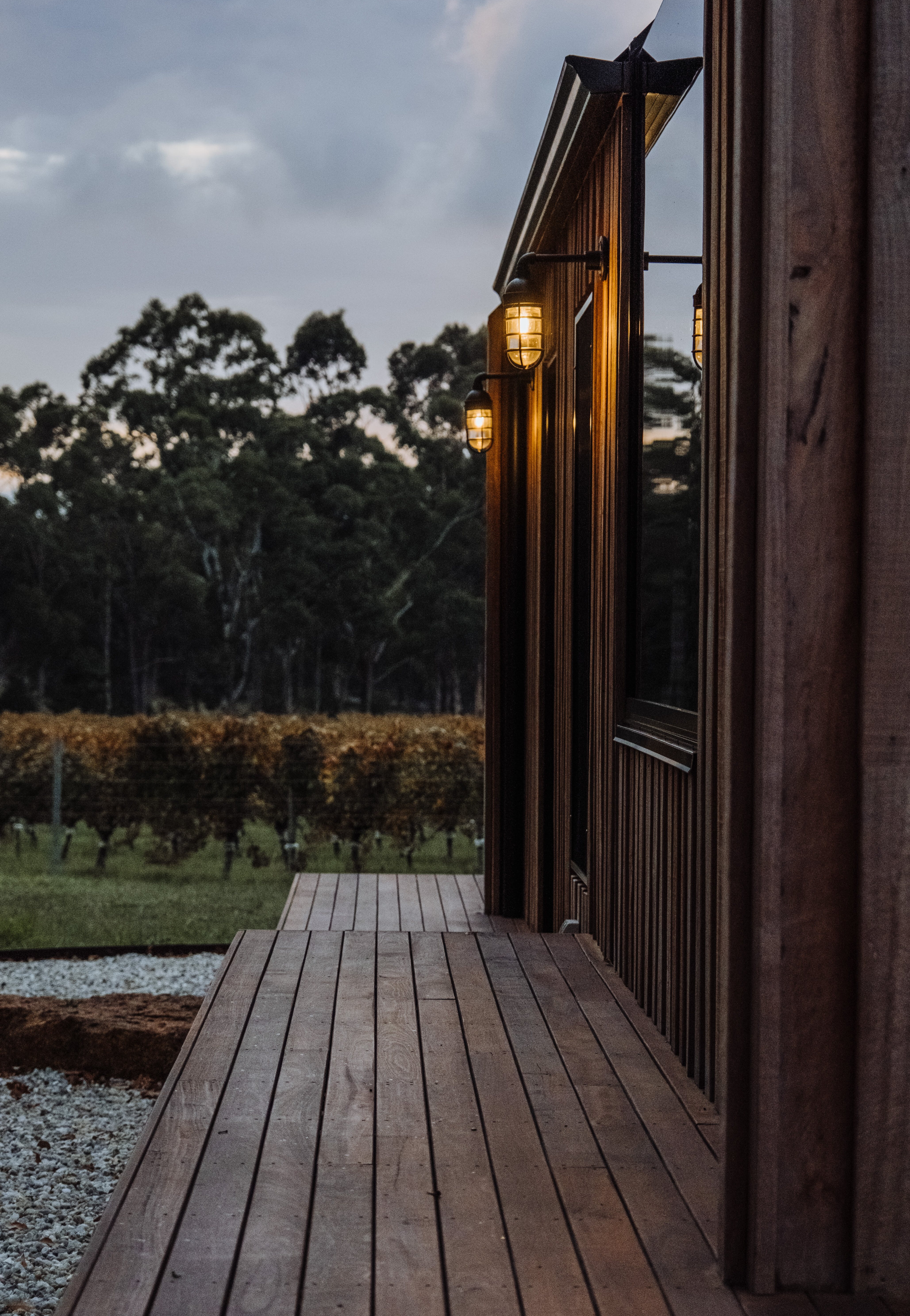The real reason your property isn't selling
It is tempting to think it's the agent, the marketing, or that the 'right buyer' hasn't come along yet.
Unfortunately the reason is almost always that the price indication is higher than where the market sees value.
It feels as awful to say it as it does to read it.
As an agent, I want to believe there is something I can do differently that would be impactful regardless of the price point.
The truth is...
- No amount of marketing will work if you are pitching to the wrong audience.
- Buyers refine by price, so won't see property priced out of their range. No matter how skilled or dedicated the agent, they can't sell a secret.
- Pitching too high will mean no enquiry, empty open homes, and we won't know what the objections are to overcome them.
- Buyers buy the best value option relative to their spend.
- To sell before your competition, your home needs to represent the very best relative value from the outset.
Put simply, there are three variables: presentation, price & time.
Once you've nailed presentation with the best marketing method, pristine aesthetics and you've engaged an attentive knowledgeable agent, the nexus between price and time is undeniable.
Price controls time. But, critically, as the relationship is interdependent...
Time also controls price.
So generally speaking, the longer you are on the market, the lower the probability of achieving a premium price.
This is because many of the cliches that apply to life, work inversely in the property market.
Annoying, I know.
Some examples:
"Good things come to those who wait."
Unfortunately not.
Or not when selling a house.
- Buyers assume there is 'something wrong' with a property that has been on the market a relatively long time, and often (by that stage quite unfairly), that it is "overpriced".
- As a result, no matter how sharp the price is later down the line, buyers will feel they need to negotiate downward - or will eliminate the property from their shortlist altogether.
- This effect starts to creep in after only five to six weeks on the market, which is not a long time if you are doing your emotional and mental adjusting in real time.
To overcome this:
- Engage an agent that is brave enough to give an accurate market indication in the first instance.
- Choose the agent that has the most sensible method, not an inflated price promise. Buyers engage with your property based on how attractive it is to them relative to the competition. Not which agency has the biggest network. Or which team has the most agents.
- What makes a property attractive to a buyer is the location, characteristics, price point & method of sale.
- Many vendors eliminate quality buyers that have the funds to meet the probable market value of the property early on by pitching the property too high.
- The sooner you shift into the price range your actual buyers are in, the faster the property will be put in front of the people that will buy it.
- More buyers means more competition, and competitive situations provide the highest probability of the best price outcome.
- You will know if an appraisal is accurate if it is based on recent comparable sales data and the agent has a lot of experience in the immediate area.
- A well marketed property being sold by a non-auction method that is priced or pitched at the correct level in an area with reasonable demand should have offers and interest within the first 1-3 weeks.
The above steps will mean you will be able to respond to that market feedback sooner, and will make better decisions when the property has momentum as a result.
"Anything worthwhile is difficult."
Well, not getting great prices.
- Great prices come about almost ubiquitously from easy sales campaigns.
- Once the method and marketing are appropriate, any barriers such as an unjustifiably high price from the buyer's perspective or unattractive settlement limit the buyer pool.
- Less buyer activity means less competition. Insufficient competition means no urgency, a time delay as a result, and consequently, usually, a much worse sale price outcome.
"Fortune favours the brave."
This is often not the case from an agent's perspective. Or not in the short term.
- Brave agents that don't want to waste their clients time or money are regularly not selected in favour of their contemporaries that have promised more.
- Brave agents that provide direct market feedback are often met with resistance.
To overcome this bias:
- See the value and professionalism in sound well researched advice.
- Don't ignore the appraisal(s) thinking 'it just takes one buyer'. The information in an appraisal is powerful as it allows you to make informed decisions quickly. And that buyer? They will not come if they assume the property is overpriced or has something wrong with it due to how long it's been on the market.
- Don't hire the agent with the highest appraisal. Hire the agent with the best strategy.
"Time is on your side."
Not really.
- Almost certainly, the agent that will realise you the best price is the brave one that gives you the best advice – fast – and preferably at the outset.
My advice?
Ask you agent to be brave, check the data, then take their advice - and remember that waiting and hoping is not a strategy it’s a defence mechanism - so do so promptly.

